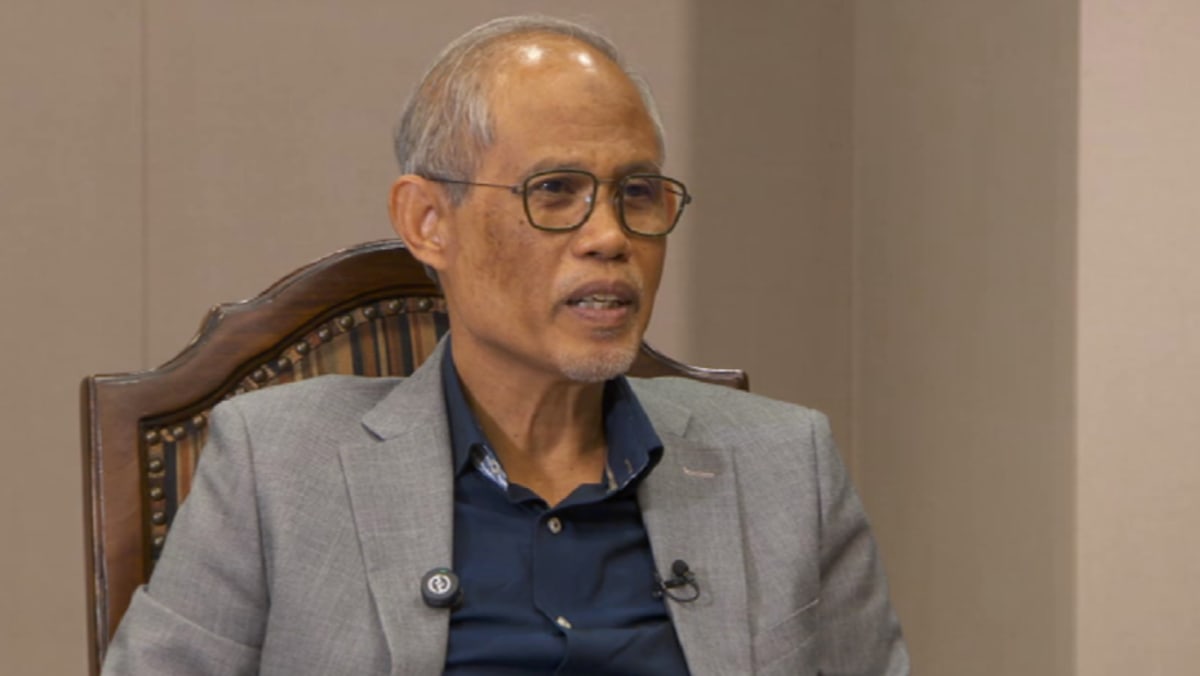SINGAPORE: Parliament on Wednesday (Nov 13) passed a law clarifying the threshold when egregious abuse of the legal process amounts to contempt of court.
The Administration of Justice (Protection) (Amendment) Bill comes after notable examples of abuse of process have been observed in Singapore, Minister of State for Law Murali Pillai said.
“It is the government’s responsibility to act to protect the judicial system, especially when we have repeated pronouncements from our courts on the abuse of their processes,” he said.
WHAT THE BILL PROPOSES
The Bill amends the Administration of Justice (Protection) Act, which was passed in 2016 and consolidates Singapore’s law on contempt of court.
Contempt of court is conduct that may impede the court’s ability to function. It can take the form of interference with court proceedings or disobedience of court orders.
The Act already covers egregious abuse of process, but only in broad language, Mr Pillai said.
The amendments aim to clarify what kinds of conduct will amount to contempt of court, and deter abuse of process by making it clear such conduct can be punished, he said.
The Bill sets out three categories of conduct that constitute contempt by interfering with the administration of justice:
- A court proceeding that the person knows or should have known involves a deception on the court, is fictitious, or constitutes a mere sham
- A court proceeding that the person knows or should have known is manifestly groundless or without foundation, and also involves the legal process being used for an ulterior or improper purpose
- Multiple or successive court proceedings that the person knows or should have known are manifestly groundless or without foundation
The Bill also makes it clear that third parties who cause or abet the egregious abuse of process can also be found liable for contempt.
Mr Pillai stressed that the amendments are clarificatory, and do not lower the current threshold for contempt of court.
WHY IT MATTERS
The impact of egregious abuse of process can be very serious, and can erode trust in the justice system over time, Mr Pillai said.
Defendants can be forced to bear the financial and psychological burden of legal proceedings for matters that should not go to court at all.
Limited public and court resources are diverted away from other deserving cases, putting strain on the court system.
Mr Pillai said a trend of “lawfare” – starting legal claims that have no merit in order to oppress others or for ulterior motives – has been observed in Singapore and other countries.
He also cited a 2023 lecture in which Chief Justice Sundaresh Menon said recent examples suggest that “truth decay” is spreading into court proceedings, and that some people have tried to conceal facts from the courts or delay court proceedings without grounds.
One example is the 2022 case of Mohammad Farid Batra, a convicted drug courier sentenced to life imprisonment and caning. He filed three post-appeal applications.
These applications were dismissed, with the High Court finding that Farid’s claim was completely baseless and made with the purpose of delaying and avoiding his caning. Offenders aged 50 and above cannot be caned.
The amendments come two years after parliament passed the Post-Appeal Applications in Capital Cases Bill, which came into effect this June.
Under that Bill, death row prisoners who have exhausted all avenues for appeal or clemency and are found to have abused court processes will not be allowed to file a post-appeal application.














